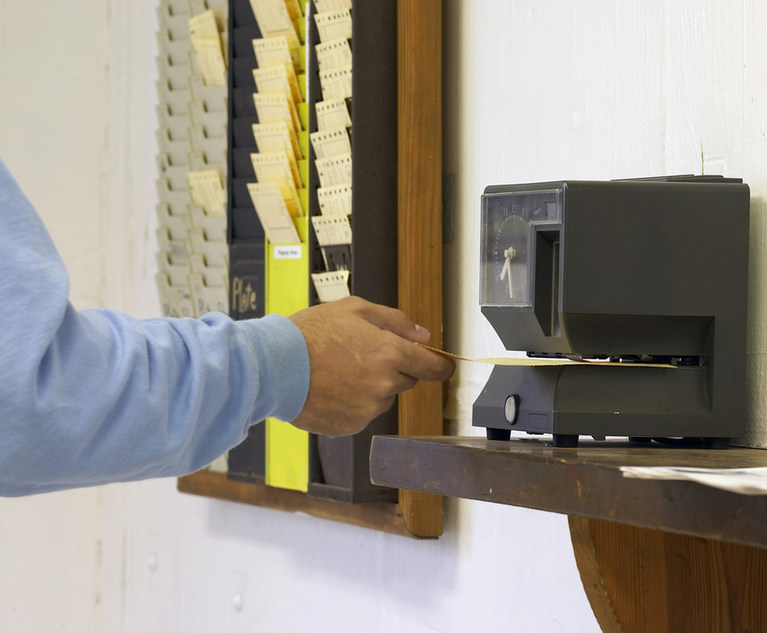Grapes have been around for 65 million years. But it’s only since 6500 B.C. that humans have been cultivating them, and in the timeline of history, table grapes—the ones we buy in clusters for snacking—are an even more recent development. King Francois I had a special fondness for grapes as dessert, thus earning him the distinction of being the originator of the table grape. We’ll never know whether the French King shopped for his own produce, but it’s safe to say he didn’t purchase table grapes packaged in plastic “clamshell” containers.
Clamshell containers and table grapes were front and center in Jeter v. Sam’s Club, 2022 N.J. LEXIS 242, 2022 WL 802807, a case that addressed the implications of how a retailer packages grapes for sale. The plaintiff in the case, Aleice Jeter, filed a negligence complaint seeking to recover for injuries allegedly sustained after slipping and falling on a grape in the aisle of the Sam’s Club in Linden, New Jersey. Relying on the “mode of operation” rule, Jeter maintained that she was relieved of her burden of establishing that Sam’s Club had actual or constructive notice of the presence of the grape on its store floor. She contended that the store’s knowledge that customers routinely opened the clamshells to eat grapes and its practice of handing out loose grapes on some occasions established a nexus between the dangerous condition and Sam’s Club’s method of selling grapes. The store countered that the mode of operation rule was inapplicable because it only sold grapes in tabbed, interlocking clamshell cases that were further secured by tape. The case therefore hinged on the applicability of the mode of operation rule.


 Credit: hacohob / Shutterstock.com
Credit: hacohob / Shutterstock.com




